
Home
Publications
Publications
Showing 0 to 0 of 0 results
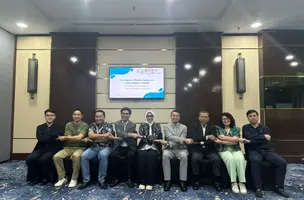
Statements
2025-07-08T12:00:03
ASEAN Parliamentarians Commit to Address Human Rights Violations through Joint Action on Transboundary Plastic Pollution
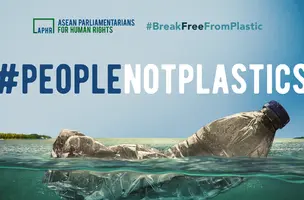
Statements
2025-07-03T20:39:37
#PeopleNotPlastics—Plastic Pollution is a Human Rights Issue

Statements
2022-05-30T10:56:15
Joint Statement on environmental crimes in Ukraine
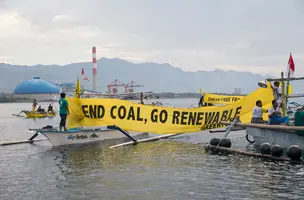
Tools for MPs
2021-01-13T04:23:21
Explainer on Coal and Human Rights
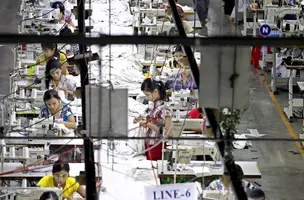
Statements
2020-04-24T08:12:55
ASEAN governments must step up efforts to protect all workers against coronavirus, MPs say
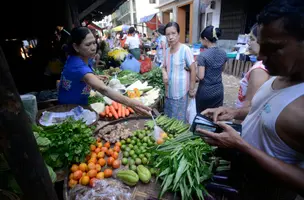
Statements
2020-03-10T08:12:25
Regional MPs call for greater transparency of RCEP negotiations

Opinion Articles
2019-11-20T08:10:42
ASEAN’s laxity on emissions puts children in danger
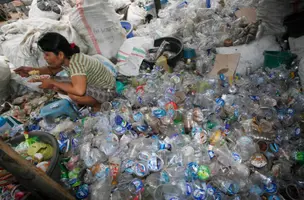
Opinion Articles
2019-09-26T08:09:16
Confronting Southeast Asia’s Plastics Problem

Opinion Articles
2019-04-14T07:41:10
Illegal logging: Cambodia’s murderous problem
TOP
ASEAN Parliamentarians for Human Rights (APHR) was founded in June 2013 with the objective of promoting democracy and human rights across Southeast Asia. Our founding members include many of the region's most progressive Members of Parliament (MPs), with a proven track record of human rights advocacy work.
Copyright © 2024-2025 All Rights Reserved - ASEAN Parliamentarians for Human Rights (APHR)
Website by Bordermedia